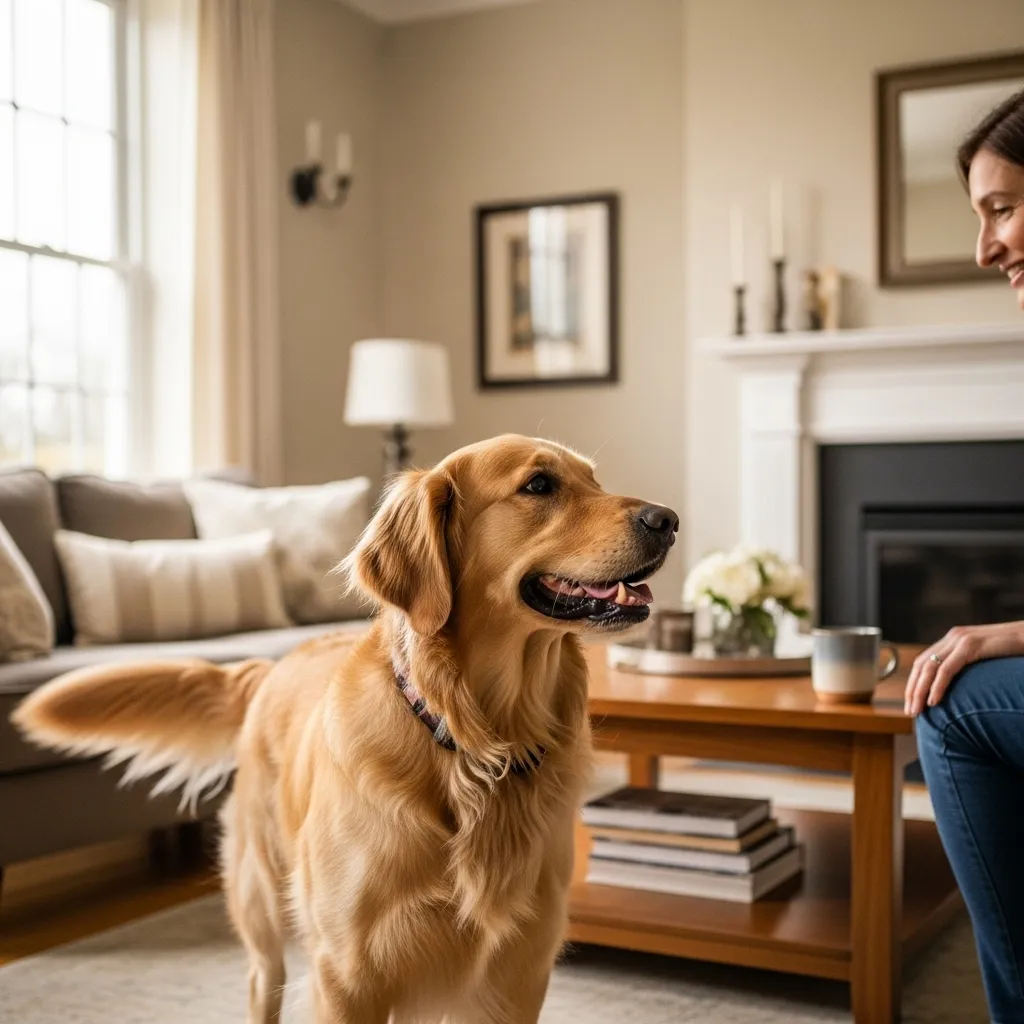
Frequently Asked Questions About Senior Dog Arthritis
Navigating a diagnosis of arthritis can bring up many questions. Here are answers to some of the most common concerns pet parents have.
Can dog arthritis be cured?
Unfortunately, there is no cure for osteoarthritis. It is a progressive disease, meaning the changes in the joint are permanent. However, the goal of management is not to cure the disease but to slow its progression, manage the pain effectively, and maintain a good quality of life for as long as possible. With a dedicated multi-modal approach, many dogs can live comfortably with arthritis for years.
Is it okay to give my dog human pain medication?
No, absolutely not. This is a critical safety warning. Many human pain medications, especially NSAIDs like ibuprofen (Advil) and naproxen (Aleve), are extremely toxic to dogs. They can cause severe gastrointestinal bleeding, stomach ulcers, and life-threatening kidney or liver failure, even in small doses. Acetaminophen (Tylenol) is also highly toxic. Only ever give your dog medications that have been specifically prescribed by your veterinarian.
How can I tell if my dog’s pain is getting worse?
Arthritis pain can fluctuate. Keeping a simple daily or weekly journal can be an invaluable tool. Note your dog’s mobility (e.g., rate their stiffness on a scale of 1-5), their willingness to play, their appetite, and their general mood. This log will help you and your vet identify trends. If you notice a consistent decline—more bad days than good, new or worsening symptoms, or a reluctance to eat—it is a sign that their pain management plan needs to be re-evaluated. Do not hesitate to call your veterinarian.
Do small dogs get arthritis too?
Yes, they absolutely do. While arthritis is more common and often more visibly dramatic in large breeds, small dogs are also susceptible. Conditions like luxating patellas (dislocating kneecaps), common in breeds like Yorkshire Terriers and Chihuahuas, can lead to significant arthritis. The signs might be more subtle in a small dog, such as being less willing to be picked up or refusing to hop onto a favorite chair, but their pain is just as real. All senior dogs, regardless of size, deserve a thorough mobility check-up.














